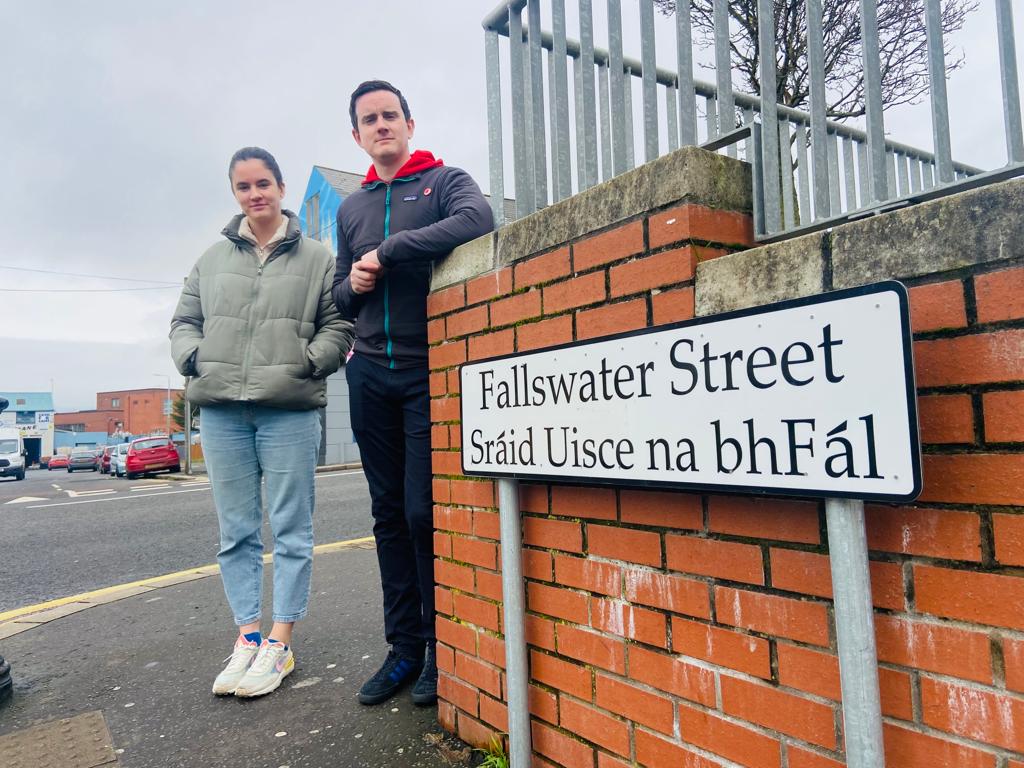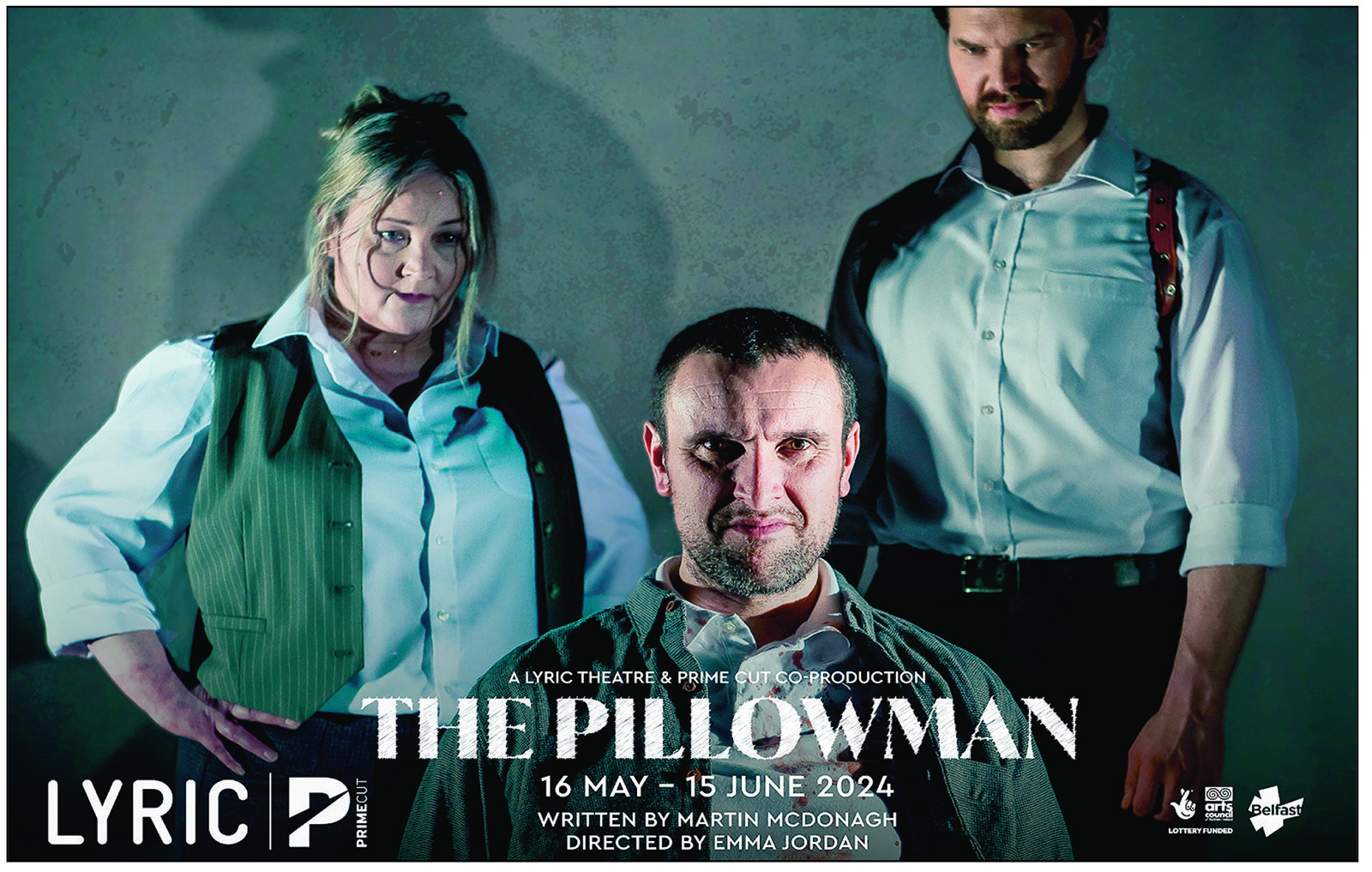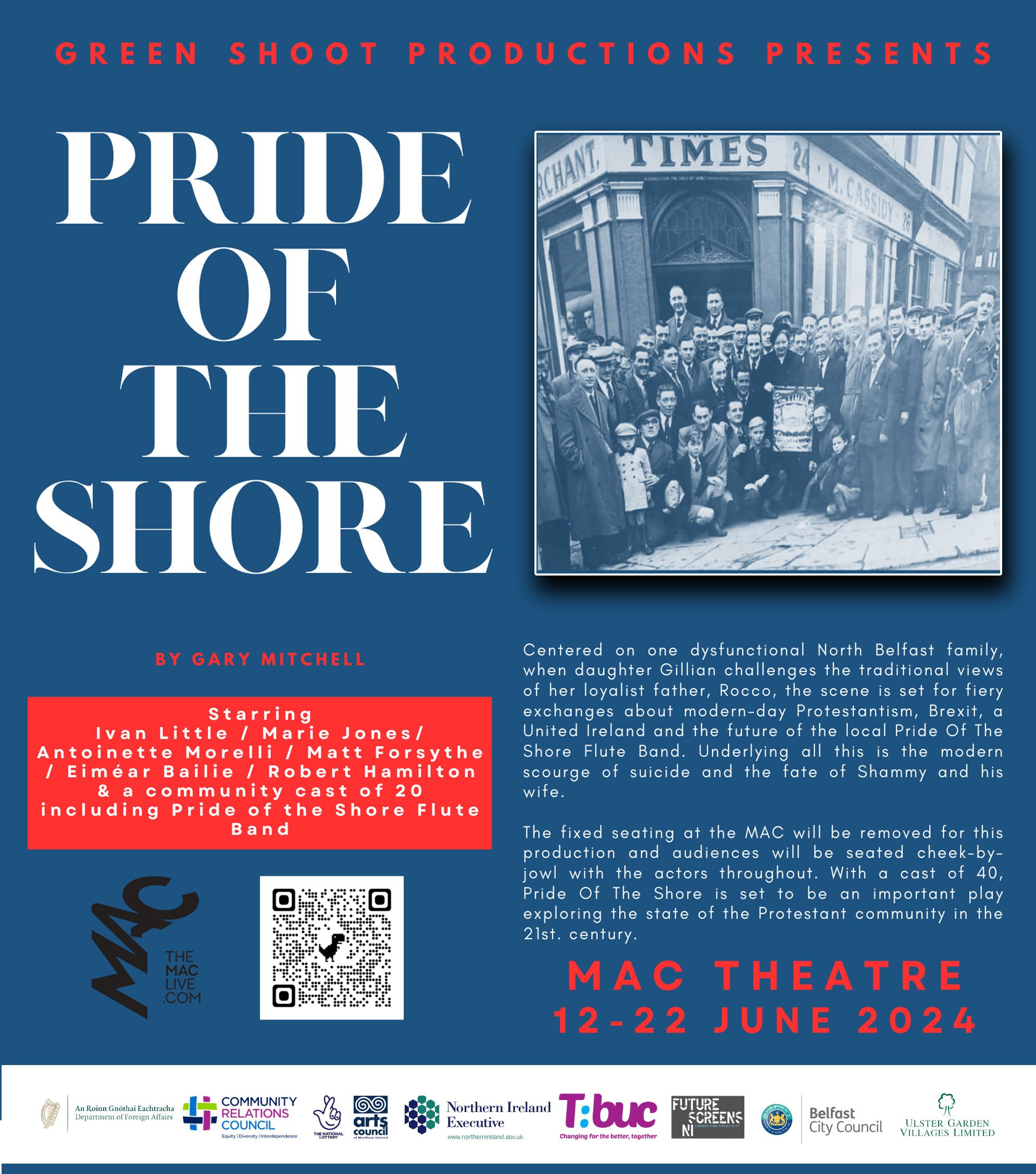IRISH language campaigners have welcomed approval from Belfast City Council to approve the installation of more than 300 Irish language street signs in West Belfast's Gaeltacht Quarter.
Elected representatives voted in favour of installing the signs by 15 votes to five at a meeting of the Strategic Policy and Resources Committee, despite unionist objections.
All unionist councillors in the chamber voted against the move, with DUP councillor Ian McLaughlin claiming that, for some, the Irish language is associated with "Troubles-era killings".
"There are people, with the greatest respect, who want the Irish language, and quite rightly so but in my constituency which has quite a few interface barriers still in place, they do not," said the Shankill councillor. "There are a lot of people whose single interaction with the Irish language was very poor.
"It was usually when the murderer or terrorist that murdered their loved one used to scream and squeal the famous words 'tiocfaidh ár lá' – whatever it was – as they left the scene of their horrendous crime.
"I don't care if it upsets anybody or not. Nothing that you propose eases the fears of those people who do not want any interaction whatsoever with the Irish language."
In response, SDLP councillor Carl Whyte described McLaughlin's comments as "beneath contempt".
"There are other victims in this room, who wouldn't dare to suggest any objection or reluctance to the English language because acts carried out against them or their families were carried out while an English phrase was spoken or used by that organisation," he said. "To move from a debate about street signs to casting up incidents that may or may not have happened is an insult to people who speak and love the Irish language.
"This argument is being used as a way to divide and to delay. It is a deliberate tactic to stoke up anger and fear and resentment."
Signage was approved for all 301 streets but a full survey for Clovelly Street will be carried out where objections met the 15 per cent threshold.
The council will implement the Gaeltacht signing process in clusters of about 30 streets at a time at cost of £170,000. The Committee's decision will require full ratification at next week's monthly Council meeting.
Cuisle Nic Liam, Language Rights Coordinator with Conradh na Gaeilge, welcomed the green light for the Irish street signs.
“Bilingual signage is an internationally recognised measure to ensure increased visibility of the Irish language," she said. "That increased visibility leads to increased normalisation of the language and in turn increased tolerance to bilingualism in general.
"Considering over 90 per cent of our place names come directly from Irish, this is a linguistic restorative policy that will see Irish returning to areas and streets where it was previously banned.
🅾️ Roinnt forbairtí suntasacha ag teacht ó Choiste SP&R @belfastcc ar maidin:
— An Dream Dearg 🅾️🦸🏽♀️🦸🏻♂️ (@dreamdearg) April 19, 2024
1⃣ Comharthaíocht in the Gaeltacht Quarter
2⃣ Plean gnímh for the Languages Strategy
3⃣ Irish language policy
⏳ An chéad chéim eile: full council meeting
🗓️ 07/05/2024 pic.twitter.com/ipK7CIHO3B
"This en bloc policy was brought forward to address the dire waiting times and backlog, with residents potentially waiting up to 10-12 years in the queue of 600 streets awaiting bilingual signage.
"We estimate this will save the council around £185,000 rather than doing this on a street by street basis, whilst clearing the backlog of applications and speeding up the overall process at the same time.
"We look forward to exploring how best to replicate this proposal in other areas with significant concentrations of Irish language speakers both in Belfast and in other council areas in the coming months. ”









